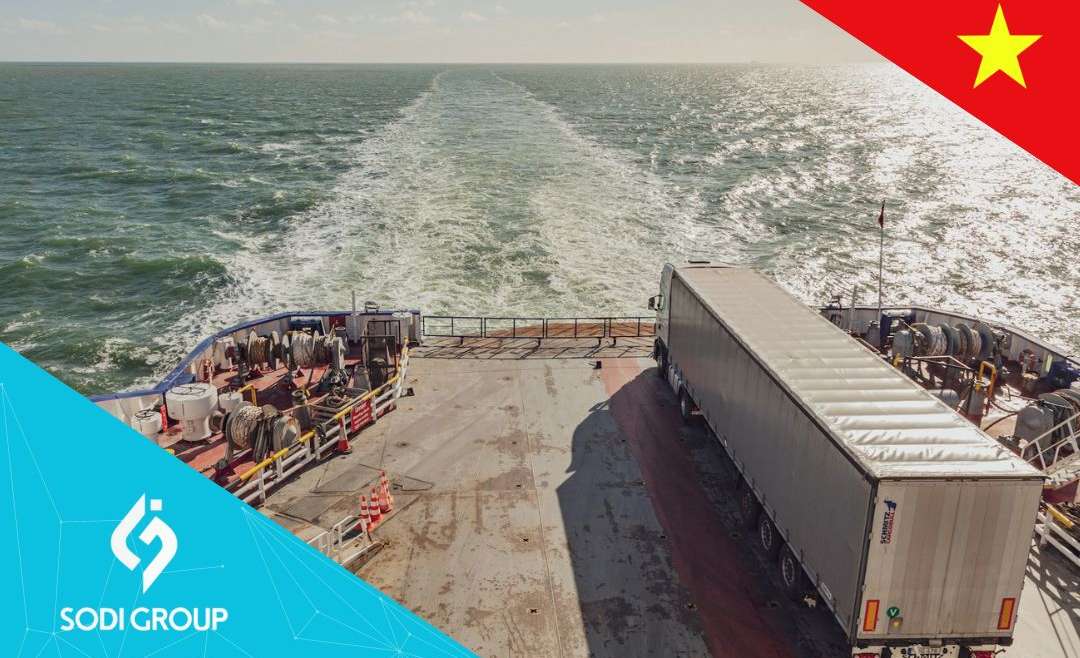Transportation Management Solutions (TMS) encompass a suite of software and technologies designed to optimize the planning, execution, and monitoring of transportation operations within supply chains. These solutions play a critical role in enhancing efficiency, reducing costs, improving customer service, and ensuring regulatory compliance across various modes of transportation, including road, rail, air, and sea. Here’s an extensive look at the components, benefits, and strategic considerations associated with TMS:
Components of Transportation Management Solutions
- Routing and Optimization
- Route Planning: TMS software utilizes algorithms to calculate the most efficient transportation routes based on factors such as distance, traffic conditions, fuel consumption, and delivery schedules.
- Load Consolidation: Optimization algorithms help consolidate shipments to maximize truckload utilization, reduce empty miles, and lower transportation costs.
- Freight Procurement and Contract Management
- Rate Management: TMS enables users to manage freight rates, contracts, and tariffs effectively. It facilitates negotiation, comparison, and selection of carriers based on service levels and pricing.
- Tendering: Automated tendering processes streamline the request for proposal (RFP) and bid management process, improving transparency and efficiency in carrier selection.
- Visibility and Tracking
- Real-Time Tracking: Integration with GPS, RFID, and IoT technologies provides real-time visibility into shipment locations, transit times, and delivery status. This enhances operational transparency and enables proactive exception management.
- Event Management: TMS monitors critical events throughout the transportation lifecycle, such as delays, route deviations, and delivery confirmations, allowing stakeholders to take immediate corrective actions.
- Performance Analytics and Reporting
- Key Performance Indicators (KPIs): TMS generates reports and dashboards that measure KPIs such as on-time delivery, freight spend per unit, carrier performance, and overall transportation costs.
- Data Visualization: Advanced analytics tools within TMS analyze historical data and trends to identify opportunities for cost savings, process improvements, and strategic decision-making.
- Compliance and Documentation
- Regulatory Compliance: TMS helps ensure adherence to transportation regulations and industry standards, such as hazardous materials handling, customs documentation, and driver safety regulations.
- Document Management: Centralized document storage and retrieval capabilities streamline paperwork, reduce errors, and facilitate audit trails for regulatory compliance and record-keeping.
- Integration and Collaboration
- ERP Integration: Seamless integration with Enterprise Resource Planning (ERP) systems and other supply chain management tools enhances data accuracy and facilitates end-to-end process visibility.
- Collaboration Tools: TMS platforms include collaborative features for communication between shippers, carriers, suppliers, and customers, fostering improved coordination and information sharing.
Benefits of Transportation Management Solutions
- Cost Reduction: Optimized routing, load consolidation, and freight procurement lead to lower transportation costs and improved efficiency in logistics operations.
- Enhanced Visibility: Real-time tracking and event management capabilities improve shipment visibility, enabling proactive decision-making and customer service improvements.
- Operational Efficiency: Automation of manual processes, such as tendering and documentation management, reduces administrative burdens and increases operational efficiency.
- Customer Satisfaction: On-time deliveries, accurate order fulfillment, and proactive communication contribute to improved customer satisfaction and retention.
- Risk Mitigation: Compliance with regulatory requirements and proactive risk management strategies minimize disruptions and mitigate supply chain risks.
Strategic Considerations
- Scalability and Flexibility: TMS solutions should be scalable to accommodate business growth and flexible to adapt to changing market conditions and customer demands.
- Continuous Improvement: Regular evaluation of KPIs, performance metrics, and feedback loops supports continuous improvement initiatives and operational excellence.
- User Training and Adoption: Effective user training and change management strategies are essential to maximize TMS utilization and achieve return on investment (ROI).
- Integration with Emerging Technologies: Incorporating AI, machine learning, and predictive analytics capabilities enhances TMS functionality, enabling predictive insights and future-proofing operations.
In summary, Transportation Management Solutions play a pivotal role in modern supply chain management by optimizing transportation operations, enhancing visibility, reducing costs, and improving overall efficiency. Strategic implementation of TMS enables businesses to gain a competitive edge, adapt to market dynamics, and meet the evolving expectations of stakeholders in a globalized economy.
Our Facebook: https://www.facebook.com/profile.php?id=61557971291576
For more posts: https://sodi.com.vn/


4 Comments
ריהוט גן
ריהוט גן
Davidfloks
https://drugsoverthecounter.com/# best over the counter sleep aids
Michaelhap
drug information and news for professionals and consumers. п»їMedicament prescribing information.
canadian pharmacy oxycodone
Read information now. Everything what you want to know about pills.
Robertvep
canada ed drugs: cheap medication – ed doctors
Leave a reply